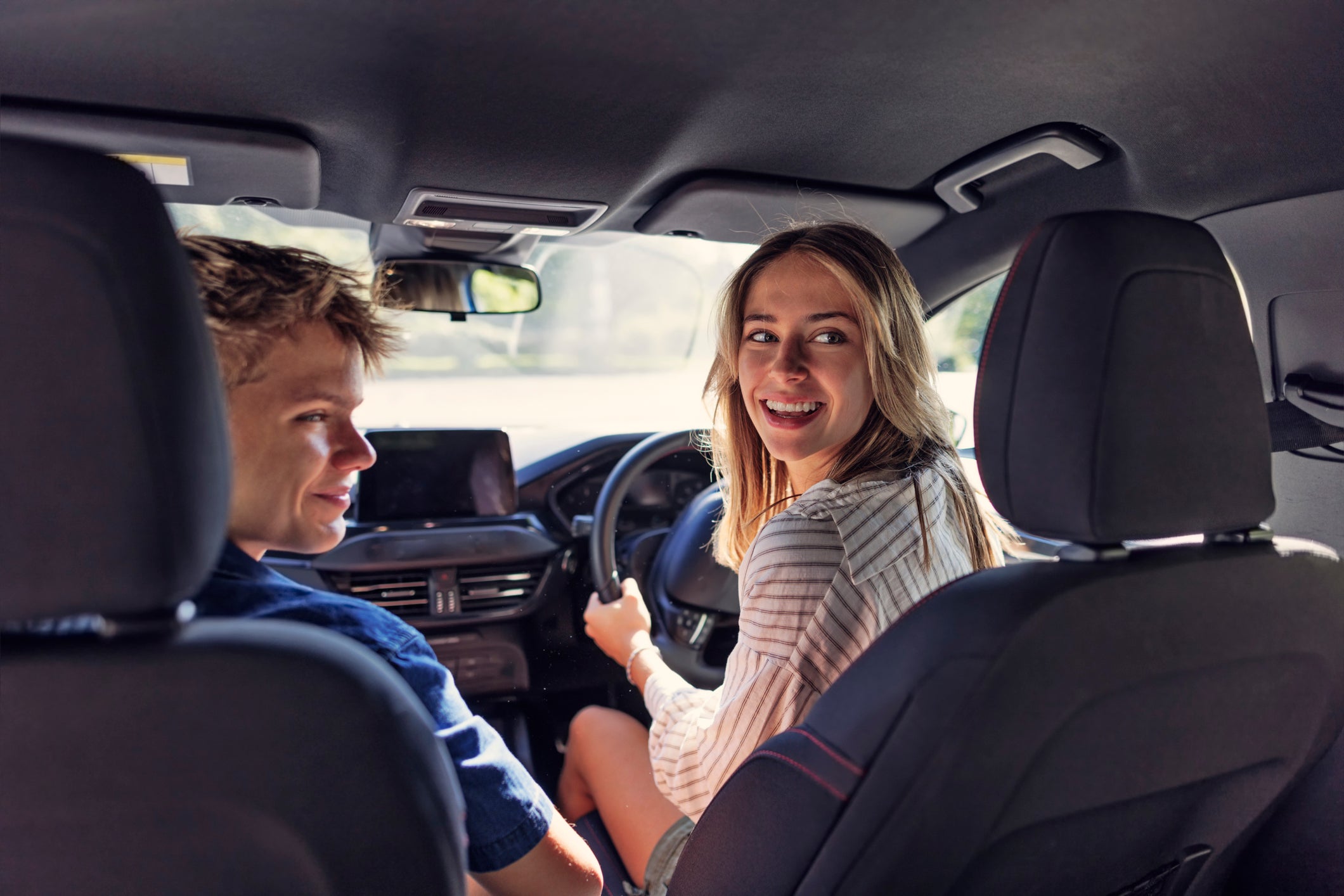Catting with passengers and daydreaming are more likely to cause distracted driving errors than mobile phone use, a survey has found.
The RAC, which conducted the poll, cautioned that distractions can lead to “catastrophic consequences.”
The survey of 2,691 UK drivers found that over three in five (63 per cent) admitted to making errors while driving due to distractions.
Among this group, the most frequent causes were conversations with passengers (43 per cent) and thinking about unrelated topics (37 per cent).
Additionally, interacting with modern touchscreen systems for functions like heating, radio, and navigation contributed to driver errors, with 26 per cent reporting such incidents.
Mistakes included missing a junction, exceeding the speed limit, ending up in the wrong lane and nearly crashing into another road user.

When all respondents to the survey were asked what they consider distracting, the most common responses were talking on a phone (46 per cent) and applying make-up or shaving (42 per cent).
But among those who admitted to making distracted mistakes, just 8 per cent and 2 per cent of drivers respectively said those were the causes.
Separate Department for Transport (DfT) figures show 940 people were killed or seriously injured in crashes on Britain’s roads in 2023 where a driver was found to be distracted by something within their vehicle.
RAC road safety spokesman Rod Dennis said: “Talking to passengers or daydreaming are so common that they aren’t perceived by drivers to be big distractions, but our research has revealed they are in fact responsible for most of the errors drivers admit to.
“Although your eyes are on the road, it’s easy for your mind to wander behind the wheel, especially on long journeys.
“Distractions can have catastrophic consequences for both drivers themselves and other road users, especially in extreme instances like failing to stop at a junction or at a red light or crossing.
“Driving is still a very mentally demanding task, especially as we need to be able to react to what’s in front in a split-second, so it’s important we do everything we can to stay alert and minimise distractions.”





